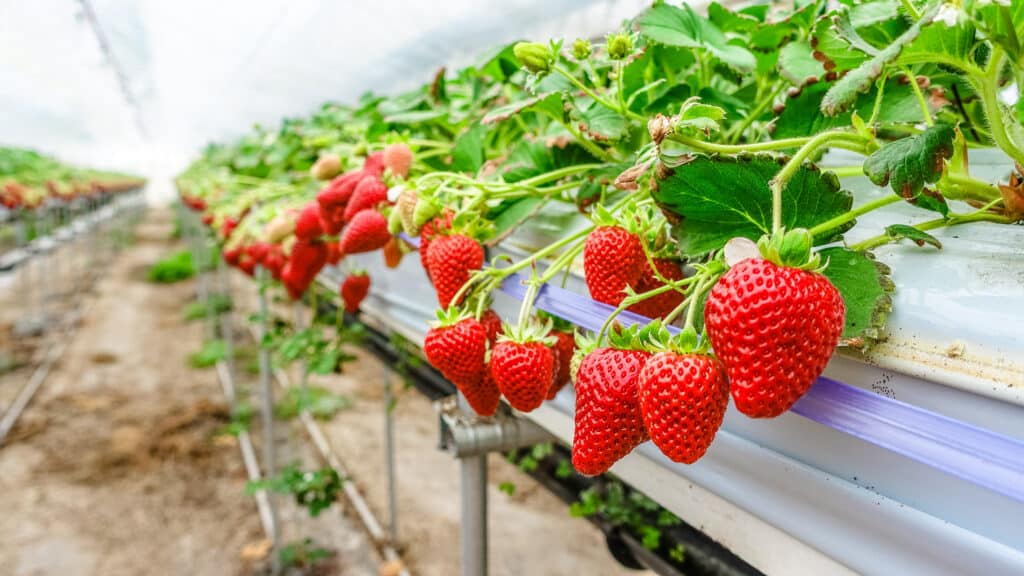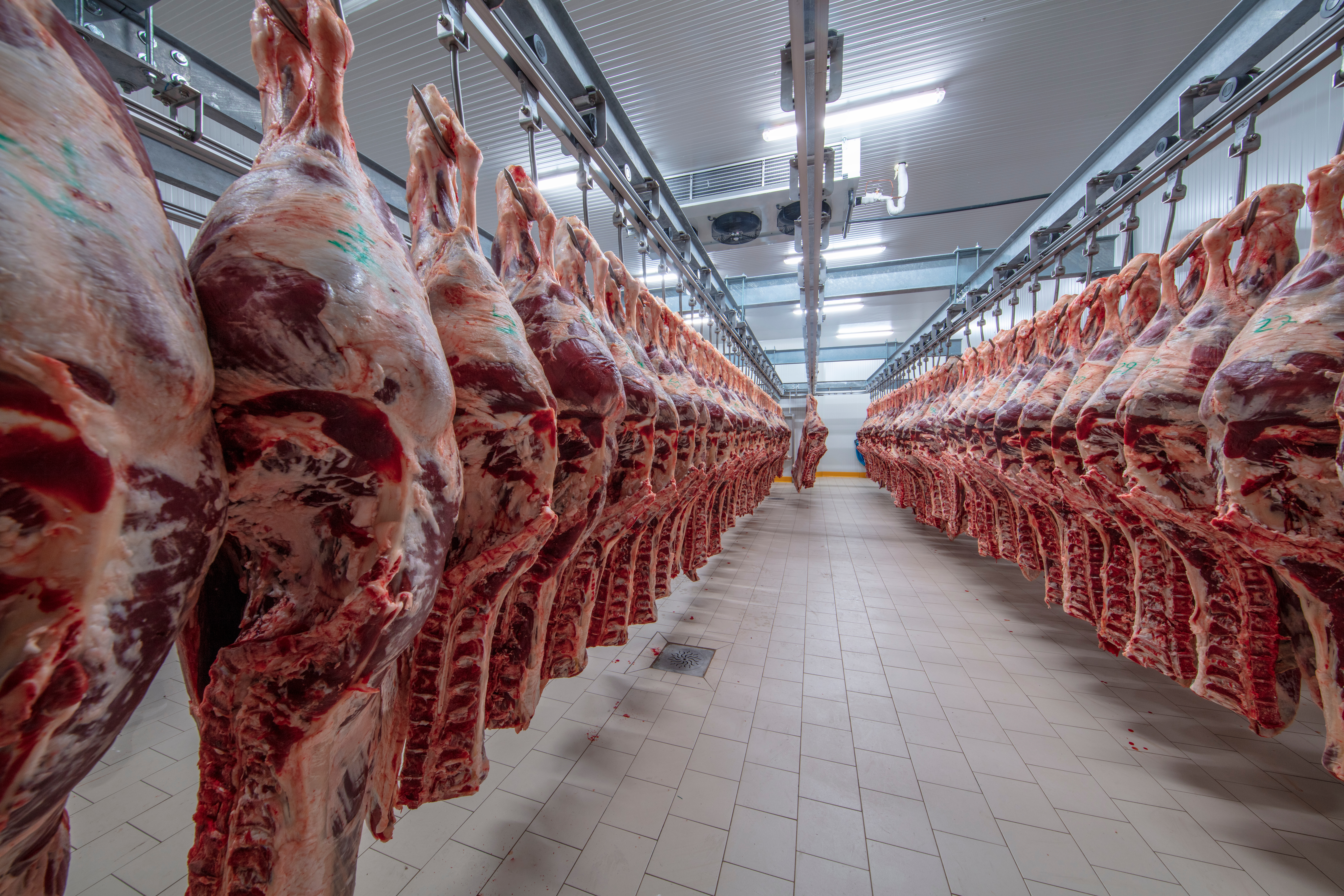As a food waste consultant, it’s important to highlight the staggering reality that over 800 million people across the globe suffer from starvation or malnutrition, with a larger number grappling with food insecurity. Meanwhile, about a third of all food produced worldwide is lost or wasted at some point in the supply chain, totalling over 1 billion tonnes annually.
It’s alarming to note that while Europe continues to reject and waste food due to cosmetic standards, an estimated 20% of the African population remains malnourished. Currently, 80% of the mangoes grown in Senegal are deemed unsuitable for European markets due to skin blemishes, despite these imperfections not affecting the fruit’s quality and 35% of beans produced in Kenya are discarded as they fail to meet European standards.
Addressing food loss and waste is not just a matter of improving food security but also of addressing the economic, social, and environmental harm it causes. Reducing the amount of food lost globally by just 25% would be enough to solve global hunger.
Food loss in developing countries
Our food waste consultants have worked on various initiatives in developing regions to address food loss and waste management. In our experience food loss in these regions occurs mostly at the production end of the supply chain. These losses directly impact the livelihoods of smallholder farmers by reducing their potential income and threatening their food security. To mitigate this, our food waste consultants have focused on implementing strategies that improve post-harvest handling and storage.
Nutrient-rich foods such as fruit and vegetables are particularly vulnerable due to their perishability. Inadequate temperature control, and insufficient investment in food production systems, particularly in cold chain management exacerbate the problem while further down the supply chain, inadequate infrastructure, flawed supply/demand forecasting, and poor food management practices contribute to significant losses. When combined the combination of these issues lead to overproduction, spoilage, and ultimately, wastage of valuable food resources.
Food loss strategies
Addressing food loss in developing regions requires a comprehensive approach that spans the entire value chain. Any effective food loss strategy needs to enhance nutrition and lower prices for consumers while simultaneously improving and supporting the livelihoods of farmers.
Some of the most effective strategies include:
Training farmers: Educating farmers on post-harvest handling and storage skills, including timing of harvest, moisture management, and safe storage.
Providing access to finance: Provide small-scale farmers with better access to finance to invest in post-harvest facilities and equipment, such as packing houses or threshers.
Linking farmers to markets: Connecting farmers with markets to ensure a steady stream of buyers, encouraging investment in activities that reduce food losses.
Improving storage: Enhancing storage capabilities, through either the establishment of large-scale collective storage facilities or the upgrading of on-farm equipment, is essential for minimising post-harvest losses and prolonging the shelf life of perishable goods. Storage solutions vary widely from basic options such as root cellars, metal drums, and hermetic bags, to more advanced temperature controlled systems. Additionally, simple measures, such as encouraging farmers to transport produce in boxes rather than bags, can reduce bruising and further decrease food loss.
Cold chain development and cold storage: Implementing refrigeration and cooling technologies to extend the shelf life of perishable goods, can have a pronounced effect on losses. It is estimated that equipping developing countries with the same level of refrigeration found in supply chains of developed countries could prevent about a quarter of all food loss.
Strengthening infrastructure and transportation links: Extending transport infrastructure to remote rural areas enables more timely access to markets and reduces the risk of damage to produce during transportation.
Policy development: Integrating long-term commitments to reducing food losses into national agricultural strategies can help ensure a unified approach to tackling food insecurity. Similarly, fostering public-private partnerships that engage both public and private sectors in investments and initiatives aimed at reducing food loss can leverage collective expertise, resources, and influence to implement effective solutions swiftly.
Enhance supply chain with our food waste consultants
At Farrelly Mitchell, our food waste consultants specialise in mitigating these challenges through advanced waste reduction technologies and sustainability practices. We develop and implement bespoke strategies for waste reduction to improve supply chain efficiency and sustainability. By leveraging cutting-edge analytics, we pinpoint where food loss occurs, quantify the losses, and devise cost-effective solutions. This approach not only increases output by minimising losses during production, processing, and distribution but also opens up opportunities for repurposing food that would otherwise be wasted, such as transforming agricultural residue into feed ingredients.














